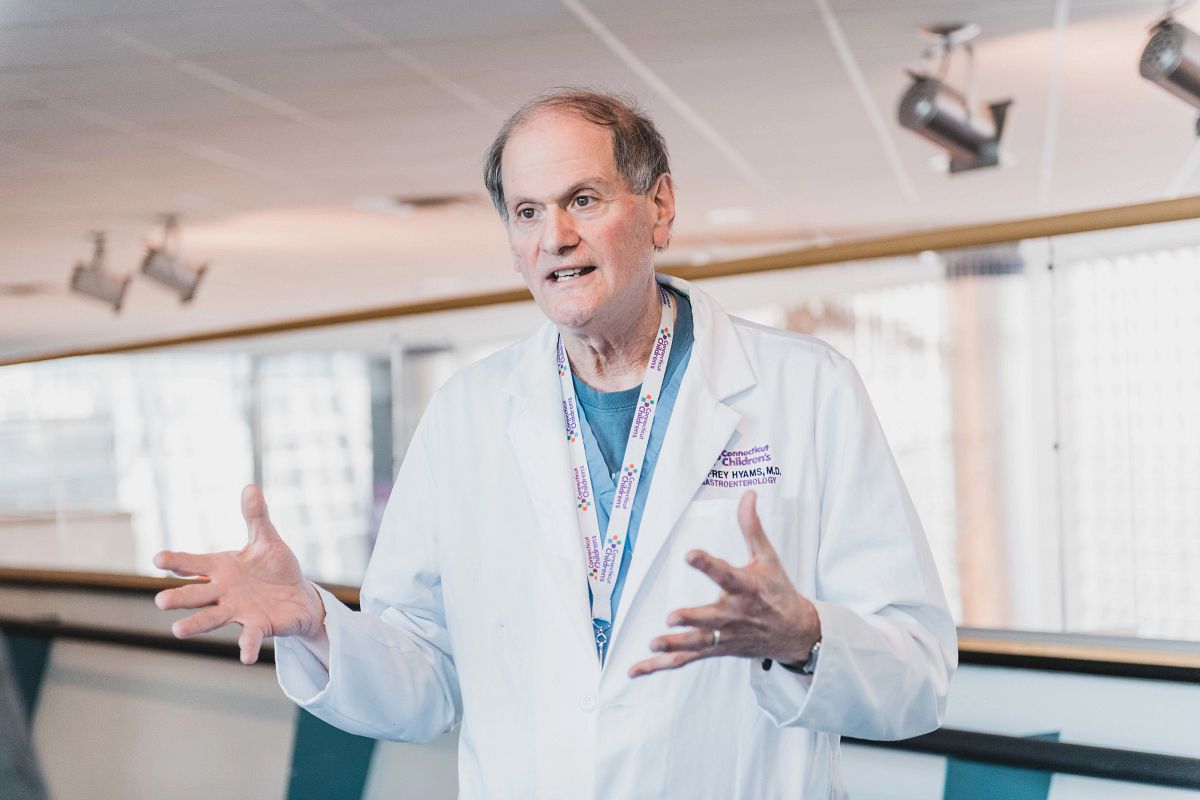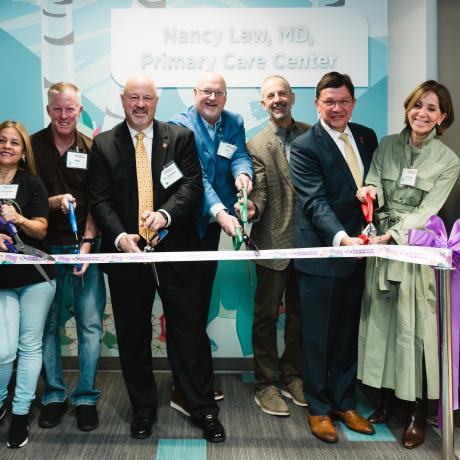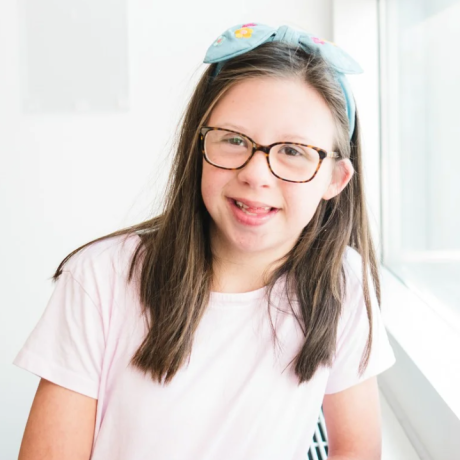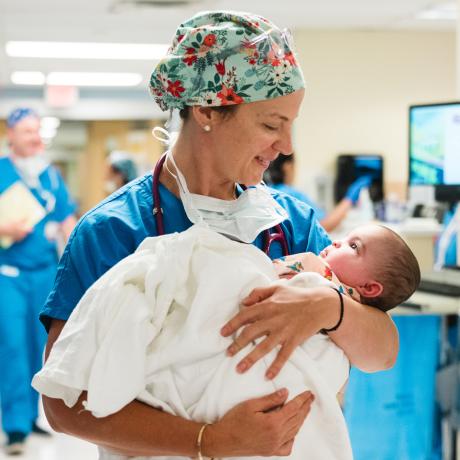Every year, Connecticut Children’s gastroenterologists see roughly 100 new children and adolescents with inflammatory bowel disease (IBD). Two-thirds have Crohn’s disease, a type of IBD that causes ongoing inflammation in the digestive tract. With symptoms ranging from abdominal pain and diarrhea to fatigue and weight loss, Crohn’s can significantly affect a child’s quality of life, growth, and development. While there’s no cure yet, ongoing research and clinical trials are helping doctors find better treatments and improve outcomes for patients.
In 2023, Connecticut Children’s Jeffrey S. Hyams, MD, Division Head of Gastroenterology and expert in Crohn’s disease, was awarded a $14 million grant from the National Institutes of Health (NIH) to fund a landmark study titled CAMEO: Clinical, imaging, and endoscopic outcomes of children newly diagnosed with Crohn’s disease. It was the largest research grant in Connecticut Children’s history.

An audacious goal: personalized medicine
Over the course of five years, Dr. Hyams and his research team are investigating why some children with Crohn’s disease respond quickly to current standard therapies—medications called anti-TNFs—while others do not. TNF is a chemical made by white blood cells that perpetuates inflammation in the bowel and leads to tissue injury and scarring.
The goal of all this painstaking work is pretty audacious. By monitoring biomarkers in blood, stool, and tissue, Dr. Hyams’ team hopes to better understand what is causing inflammation in the first place—and to one day match specific treatments to every child’s unique biology at diagnosis. As of fall 2024, 500 children with presumed Crohn’s disease from 25 leading pediatric centers across North America have been enrolled in the study, with an eventual goal of 1,400 patients participating.

Behind the scenes
Getting a large, multi-site study like CAMEO off the ground is a time-consuming process and requires the work of many people. Years of preparation were needed to operationalize data and biospecimen collection from the 25 investigational sites, with each site requiring multiple layers of administrative and legal approvals. Close coordination is critical to a study of this size, and Dr. Hyams’ team has biweekly calls with each of the sites, as well as monthly calls with NIH. Although the process is complex, they are confident that CAMEO will be a landmark study in the management of children with Crohn’s disease.
As government funding for medical research is under threat, philanthropy is more important than ever to sustaining the clinical trials that lead to better understanding of diseases and to treatment breakthroughs.
Latest Articles

New Primary Care Center at Connecticut Children’s Honors Nancy Law, MD

Ellie’s Story: How Supporting Connecticut Kids Changes Lives
